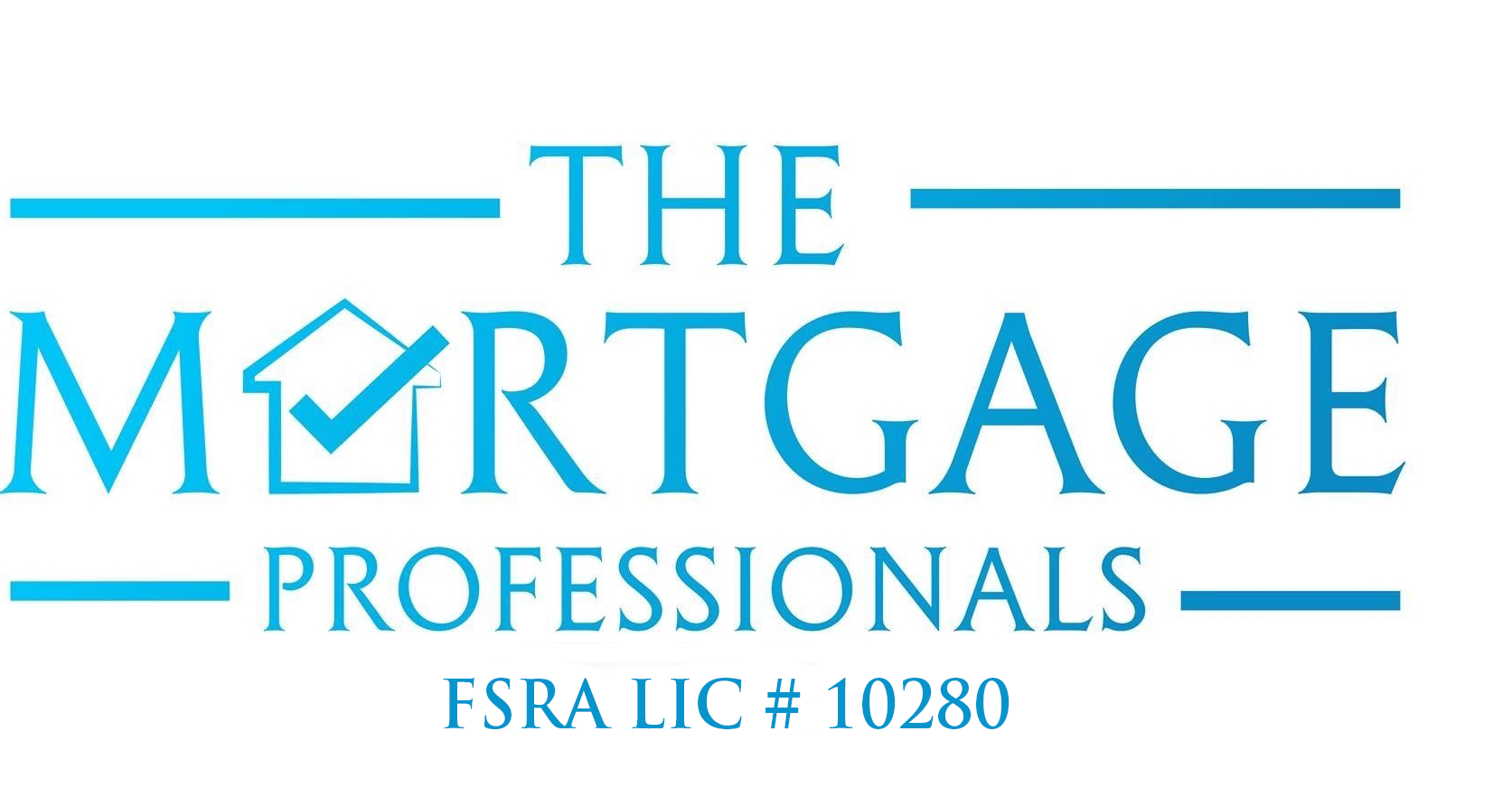Much was made about banks offering mortgage payment deferrals as the Covid pandemic began.
We were in unknown territory; nobody knew if we’d have jobs, banks didn’t know if people would pay their debts; authorities didn’t know how long it would last.
To have banks suggest that mortgage payments could be deferred was unprecedented; while some lenders have offered ‘skip a payment’ functions, this was a wholesale – and in many cases ‘no questions asked’ – public offering, for up to 6 months.
Banks assured borrowers that payment deferrals would carry no negative consequences, and would not affect their credit reporting. As lending professionals, it became our responsibility to assist our clients with navigating the risks and rewards of such a decision.
Some lenders required applications to defer payments; some requested verification of job loss or other financial hardship; some stated they would revisit on a monthly basis, and some said ‘take 6 months off’ and asked no further questions.
.
There was a public outcry when it was realized that banks will continue to charge & accrue interest while payments are not being made. These decisions, while not forced upon any borrower, would have consequences after all.
In recent weeks, the effects of deferrals on credit reporting have started to surface. Payments deferred in April are being reported on consumer credit reports now. Language such as ‘affected by natural or declared disaster’ has begun to appear. While payment history is being reported as on time (thus not affecting one’s actual credit score), it is clear when payments have not been made.
.
Today, the same lender that offered a 6 month payment deferral – without verification of employment status or other condition – has the right to judge a future credit decision on whether or not you deferred payments…and is doing so.
In theory, these decisions were not to carry adverse consequences. In practice, the record of that payment deferral will now appear on your credit report. Whether that record changes once your payments are re-activated remains to be seen. As with many credit events, the record of such may remain visible for many years. Ideally, once payments are re-activated, they will ignore this as originally promised.

As lending professionals, it is our responsibility to assist Canadian homeowners with navigating these matters.
Do not hesitate to contact a Mortgage Professional; we’ll tell you what you need to know. 613.384.4000.

